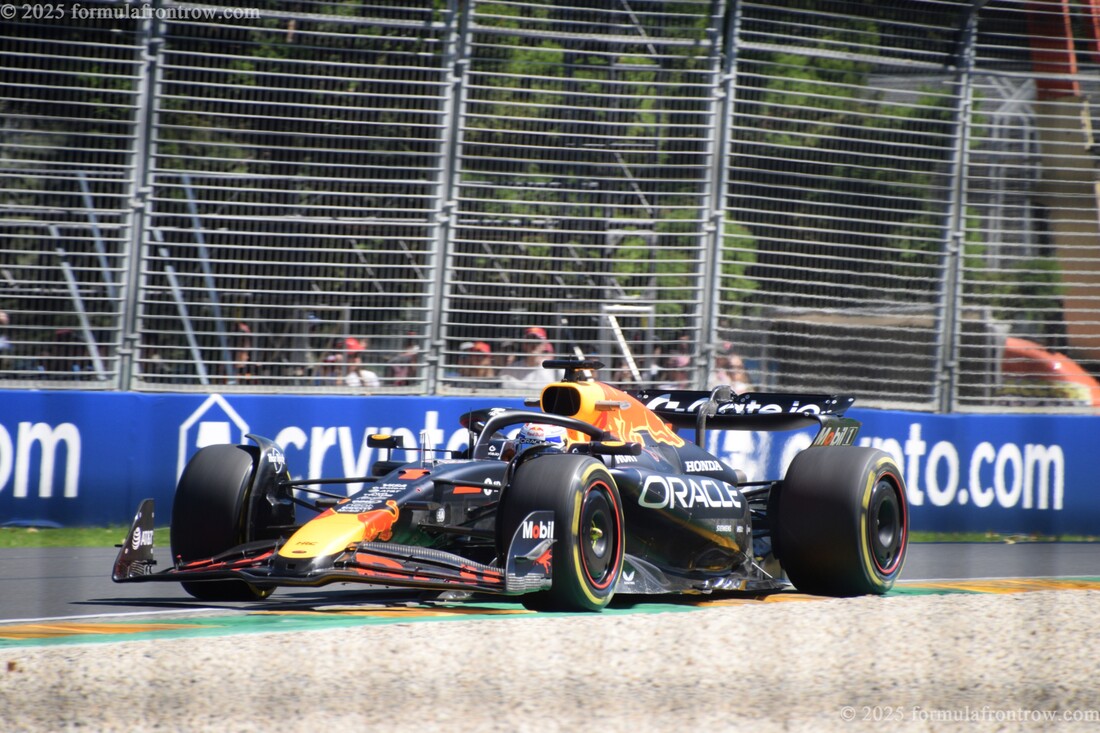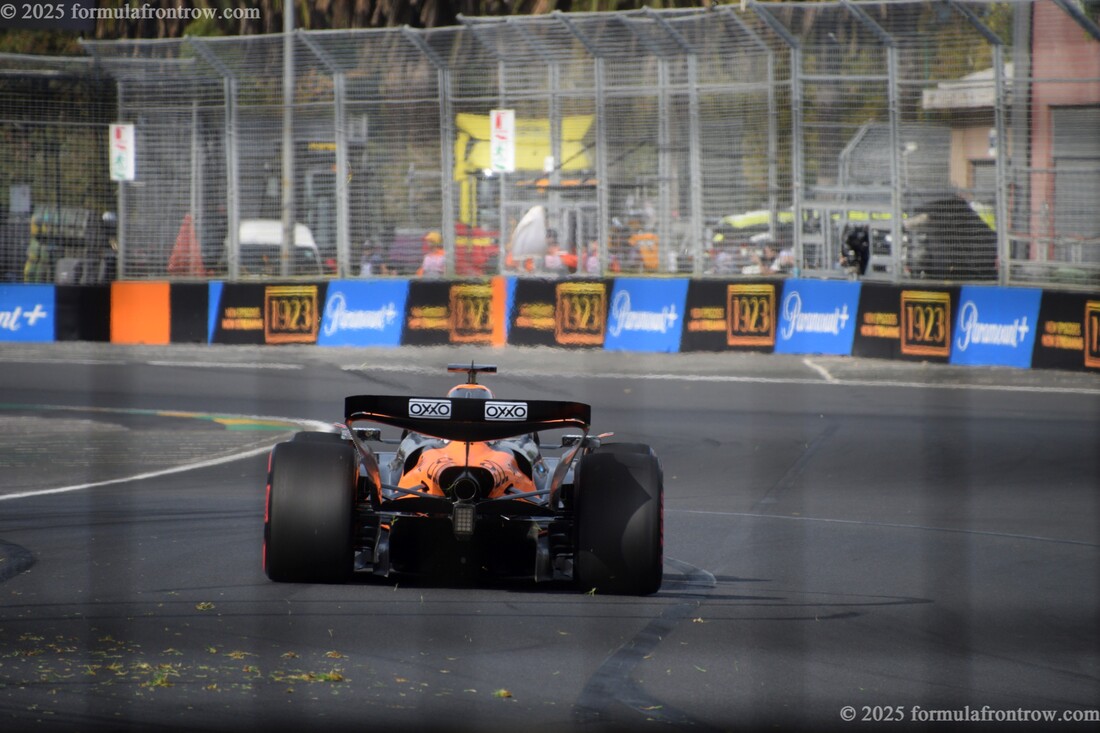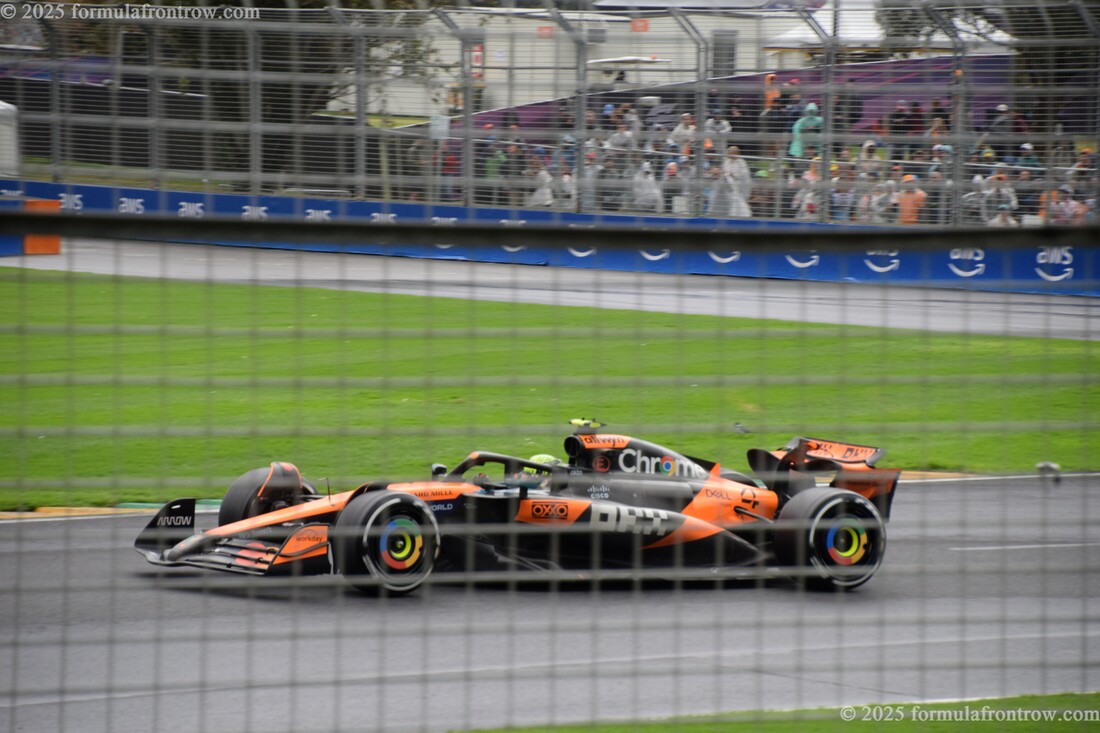 Fernando Alonso, Alpine, AGP. Fernando Alonso, Alpine, AGP. "Rain in five minutes." How many times have you heard the pitwall inform their driver of impending rain, only for it to not materialise? All F1 teams run numerous strategy simulations to arrive at the quickest solution from lights out to chequered flag. Majority of the time, utilising all the available data, even factoring in the rate of tyre degradation, they're right on the money. There's no doubt though, that when the precipitation arrives, pre-planned strategies are redundant and only the quickest to adopt new strategies are able to capitalise. Pre-empting rain however can be tempting strategic disaster. You can just hear the commentators on TV say to the boffins on the pitwall, they should listen to the driver and simply turn around, hold their hand out and look up. At these moments, is the driver's feedback as valuable as all the available data? It was certainly refreshing to hear Ferrari's Carlos Sainz at the recent Monaco GP insist on staying out on the extreme wet weather tyres until he could go straight onto slicks thus skipping intermediates and stopping one less time. Barring a slow out lap behind a back marker, he could very well have won his first GP. You may recall McLaren's Lando Norris almost converting a stunning pole position into a maiden win at last year's Russian GP when he resisted the team's calls and persevered with slicks when the rain came with a handful of laps remaining. He ultimately failed as the rain just got too heavy forcing him to pit, but it does demonstrate strong conviction. That experience would surely render him more a formidable competitor. Last weekend's Azerbaijan GP saw Alpine's Fernando Alonso draw on his immense experience to convert his one stop strategy into their optimum result. He questioned whether the team pitted him too early, so to compensate, Alonso suggested he would manage his tyres before pushing on to the end. The great Michael Schumacher didn't win his seven championships by just doing what he was told. He possessed amazing insight in reading an unfolding race, and would often call strategy on the fly. He was largely involved in calling that memorable 5 stint strategy to win the 2004 French GP at Magny Cours for Ferrari. F1 drivers obviously don't have access to all the data available while racing. If drivers simply called strategy in real time, why would the teams have strategists at the track, plus a team back at their factories on hook up? Teams are very adept at changing strategy to accommodate changing conditions or circumstances. How many times have you heard seven time champ Lewis Hamilton question Mercedes about a revised strategy? When hindsight reveals itself, haven't Mercedes been accurate? After a early race incident at this year's Spanish GP, Hamilton was ready to retire after suffering a puncture and dropping to a distant last. The team reassured him that P4 or P5 was possible and guess where he finished? Red Bull are another team that rarely misread strategy. Their masterclass at Monaco confirms that. F1 strategy is a meticulous process which requires all team elements operating at their best. Even then, with all the sensors on the car feeding the team data, weather radars, driver telemetry, and other instruments at the team's disposal, it can still be difficult to consistently nail. So, should drivers be encouraged to call strategy from the cockpit or should it be entirely left for the teams to decipher? Additionally, do some teams prefer to take charge of strategy themselves, as they consider their driver not experienced enough to be dictating strategy?
0 Comments
|
Categories
All
Archives
September 2025
|




